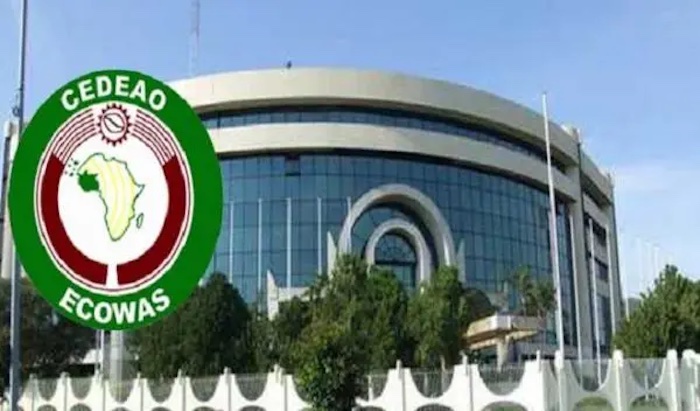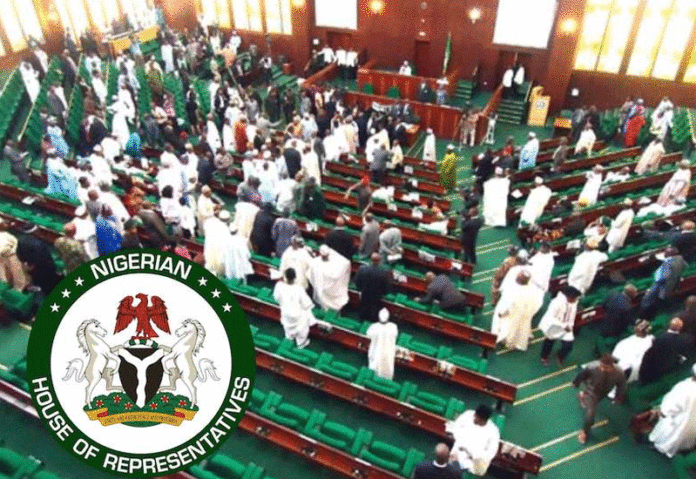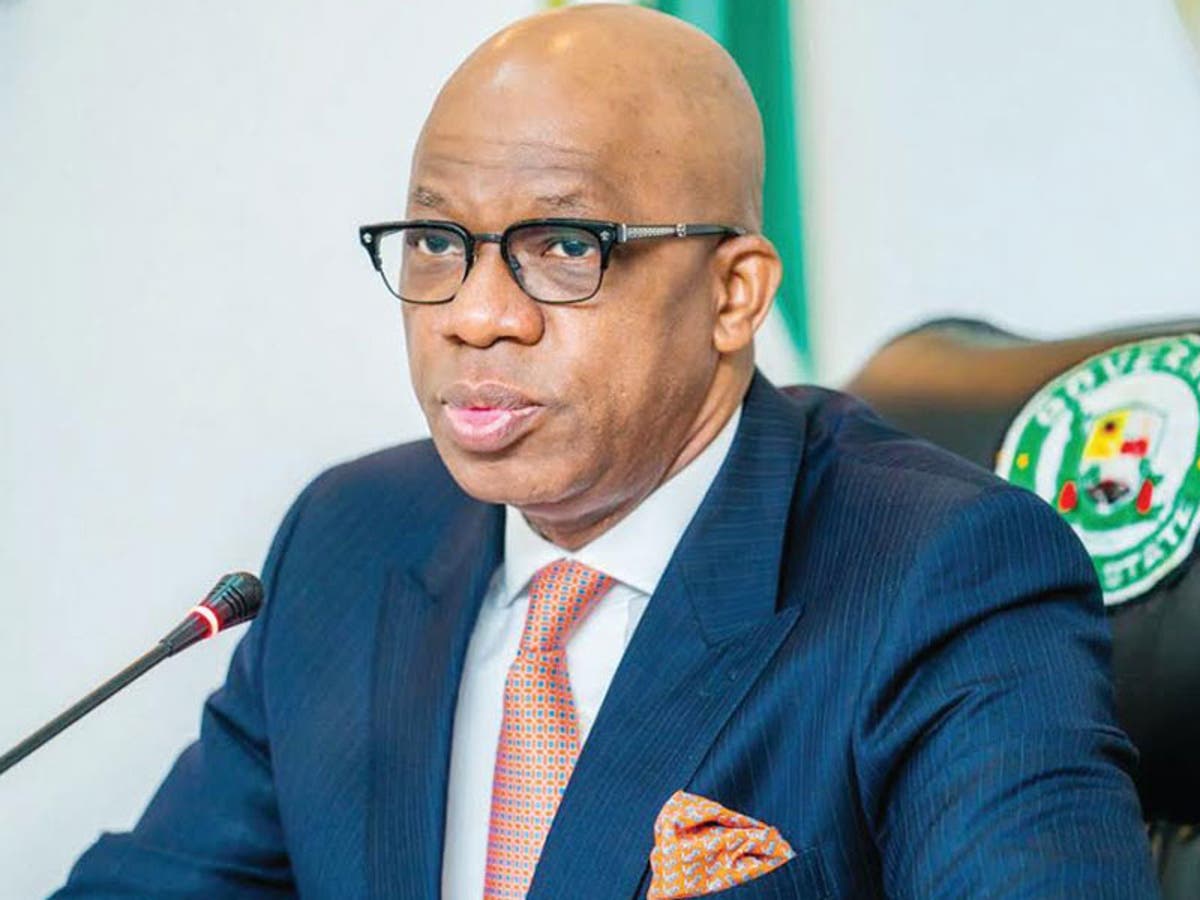
ECOWAS Gets $2m Grant To Boost Electricity Reforms
The Board of Directors of the African Development Fund has given technical assistance grant of $2 million to fund research that will contribute to electricity reforms in the Economic Community of West









